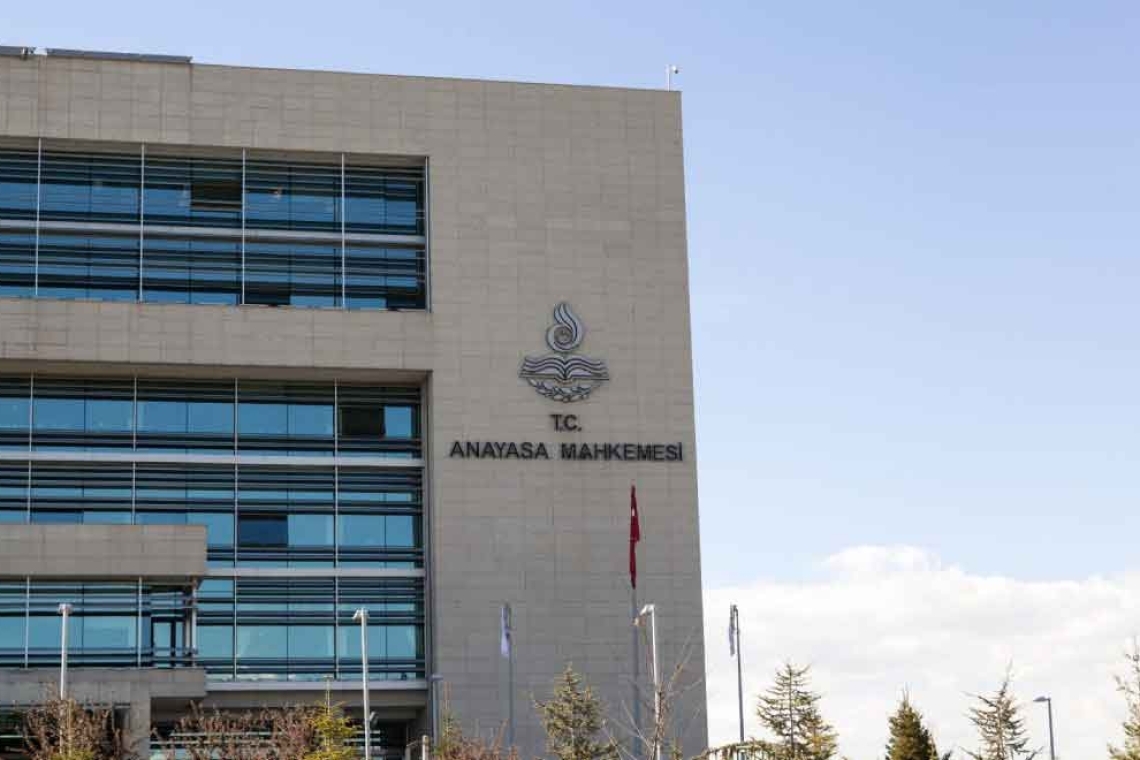In a recent ruling, the Constitutional Court has stated that internet censorship has become an administrative practice in Turkey, leading to systematic violations of freedom of expression and that remedy mechanisms do not work, and called on Parliament to take action on internet legislation
MLSA - The Constitutional Court (AYM), which ruled on several internet access bans, including four applications by MLSA, stated that internet censorship has turned into an administrative practice and that the legal basis for this situation, which causes violations of freedom of expression, is the internet legislation in force.
Individual applications to the Constitutional Court regarding several access bans, including access bans on various content belonging to MLSA and FreeWebTurkey, have been finalized.
The Constitutional Court stated that the access ban decisions were issued by the Criminal Judgeships of Peace without any evaluation. The Court noted that this was a systematic violation of freedom of expression and freedom of the press.
In addition, the decision stated that there is no effective remedy for objections to the access blocking decision, and that Article 9 of the Internet Law No. 5651, which regulates access blocking, is responsible for this situation, and called on the legislator to remedy this systematic violation with a legal amendment.
Commenting on the decision, MLSA Co-Director Lawyer Veysel Ok said: "The decision primarily addresses the Parliament. Previously, the Constitutional Court stated in the Diken decision that there was a structural problem arising from the legislation. For this reason, the Constitutional Court addressed the Parliament in its decision and demanded that the structural problems related to access bans be resolved through legislative amendments. However, more than two years after the ruling, the law has not been amended to protect freedom of expression. The Court first recalls this judgment and calls on Parliament to do so again."
Stating that the Constitutional Court's statement that objections to the Criminal Judgeships of Peace are not an effective remedy is also important, Ok continued his words as follows: "Indeed, in practice, objections to Criminal Judgeships of Peace against internet access bans are rejected with a copy and paste logic, without any justification. The Constitutional Court considers it a violation of the right to effective remedy that internet access bans, which have now become an administrative practice, are issued directly upon request without any examination, and rejected directly on the same grounds when objected to."
Ok noted that any news about Tolga Ağar was immediately blocked, but with the Constitutional Court's decision, Criminal Judgeships of Peace that blocked news about Tolga Ağar would now be acting in violation of the Constitutional Court's decision.
Among the news items subject to the decision is a news article published on the news website Medya Koridoru (Media Corridor), defended by MLSA, on the death of a Kyrgyz journalist in which AKP MP Tolga Ağar's name was mentioned.
The decision also includes a news article published on the MLSA website titled "Journalist Mumay, who resisted Met-Gün censorship, sentenced to prison in another case"; four FreeWebTurkey news articles and two tweets on the blocking of access to corruption allegations against Bilan Erdoğan; and two FreeWebTurkey censorship agendas on the visit of an abuse suspect to the Ministry of Family Affairs.



